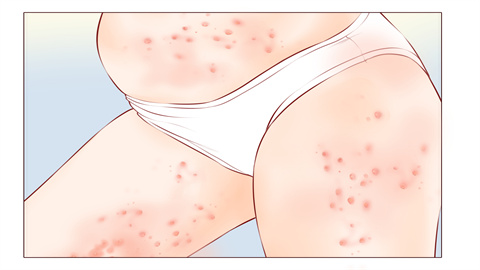Does the herpes simplex virus affect pregnancy?
Generally, the herpes simplex virus (HSV) can have a certain impact on pregnancy. The risk of primary infection during pregnancy is relatively high, while the risk during recurrence of a latent infection is relatively low. If concerned, it is recommended to seek medical advice in advance. Detailed analysis is as follows:

If a woman has not been infected with HSV before pregnancy, a primary infection during pregnancy may affect the fetus through the placenta, increasing the risk of fetal developmental abnormalities, miscarriage, and premature delivery. If the virus is active during delivery, it may also lead to neonatal infection, causing problems such as cutaneous herpes and encephalitis.
If a woman was infected with HSV prior to pregnancy, the virus remains latent in the body. During pregnancy, recurrences typically present with milder symptoms, and the probability of fetal infection via the placenta is low. However, if there are herpes lesions on the vulva during delivery, there is still a risk of neonatal infection through the birth canal. The mode of delivery should be determined according to medical advice.
Prior to conception, it is recommended to undergo HSV testing to determine infection status. During pregnancy, attention should be paid to personal hygiene, contact with infected individuals should be avoided, and potential triggers should be minimized. If herpes symptoms occur, immediate medical attention is necessary, and treatment should be conducted under medical guidance. Self-medication should be avoided to ensure maternal and fetal safety.









